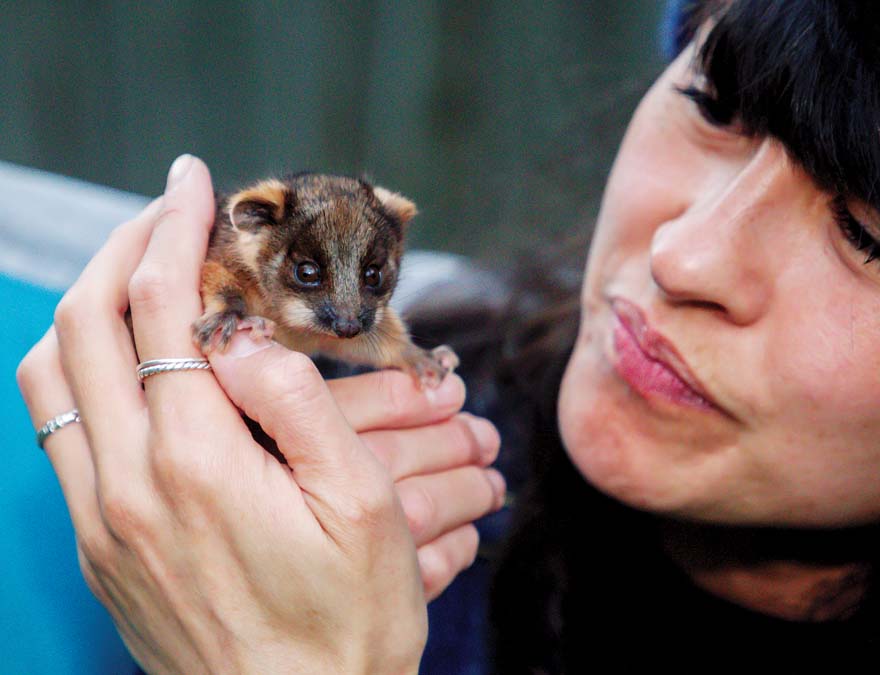A MCCRAE veterinary nurse says rampant tree felling is displacing native wildlife and destroying “the very thing that attracts people to the Mornington Peninsula in the first place”.
Samantha Verkuylen said she watched trees being felled on a neighbouring property with “no regard or concern for any native species” living there.
“Possums are a protected species and it is illegal to cut down their homes while they are living in them,” she said.
“Land owners should have properties assessed for wildlife then use appropriate measures, such as authority control wildlife permits to safely relocate the animals no more than 50 metres from the property.
“This did not occur at this planned felling nor has it been followed in many situations like it on the peninsula. I know this as I have had numerous witnesses describe the horrific scenes of trees being cut down with animals still living in them running for their lives in danger of being injured or exposed to predators.”
Ms Verkuylen said suburban sprawl had changed land use on the peninsula, with single homes being replaced by townhouses and apartments leading to the removal of native flora.
“Ironically, this process destroys the very thing that attracts people to the peninsula in the first place,” she said.
Last week, Ms Verkuylen said she was “in a panic to try and save the drey [ringtail possum’s nest] I knew was established in trees on the [neighbouring] property”.
“I called various bodies to seek instant help,” she said. “I was bounced from a wildlife group to a government website to the police and, finally, to the local council, all of who gave no solution and simply handballed the situation to someone else. No one was able to take responsibility for the unfolding situation.”
Ms Verkuylen said she was told the “best I could do” – by the Department of Environment Land Water and Planning where she was directed by Wildlife Australia – was to “file a wildlife offence report, which could take 4-6 weeks to be processed, then for someone to come and access the property, if animals were harmed”.
“I didn’t have 4-6 weeks as it was happening right now,” she said.
“While many locals will tell you they have a brushtail or ringtail living somewhere in their garden; that they have parrots and native birds who visit and share the land, unfortunately, this attitude is not shared by all.
“The growing disconnection we have developed to the natural world speaks loudly when situations like these occur right in our backyard.
“Can you imagine if someone destroyed your home and you were left exposed to find a safe place to live with your family? Globally we’ve destroyed so much habitat – the peninsula is no exception.
“We should be far more mindful of this when making planning decisions. Surely there are greater things at stake than the value of a block of land?”
Ms Verkuylen said environmental scientists readily confirmed biodiversity was needed to keep natural systems healthy.
“It is in our own interest to take land use change and biodiversity loss seriously,” she said. “Unfortunately, unless our current attitude to the natural world changes significantly and soon we will work this out far too late.
“In the words of Sir David Attenborough we need to realise we are a part of nature not apart from nature.”
First published in the Southern Peninsula News – 10 August 2021



